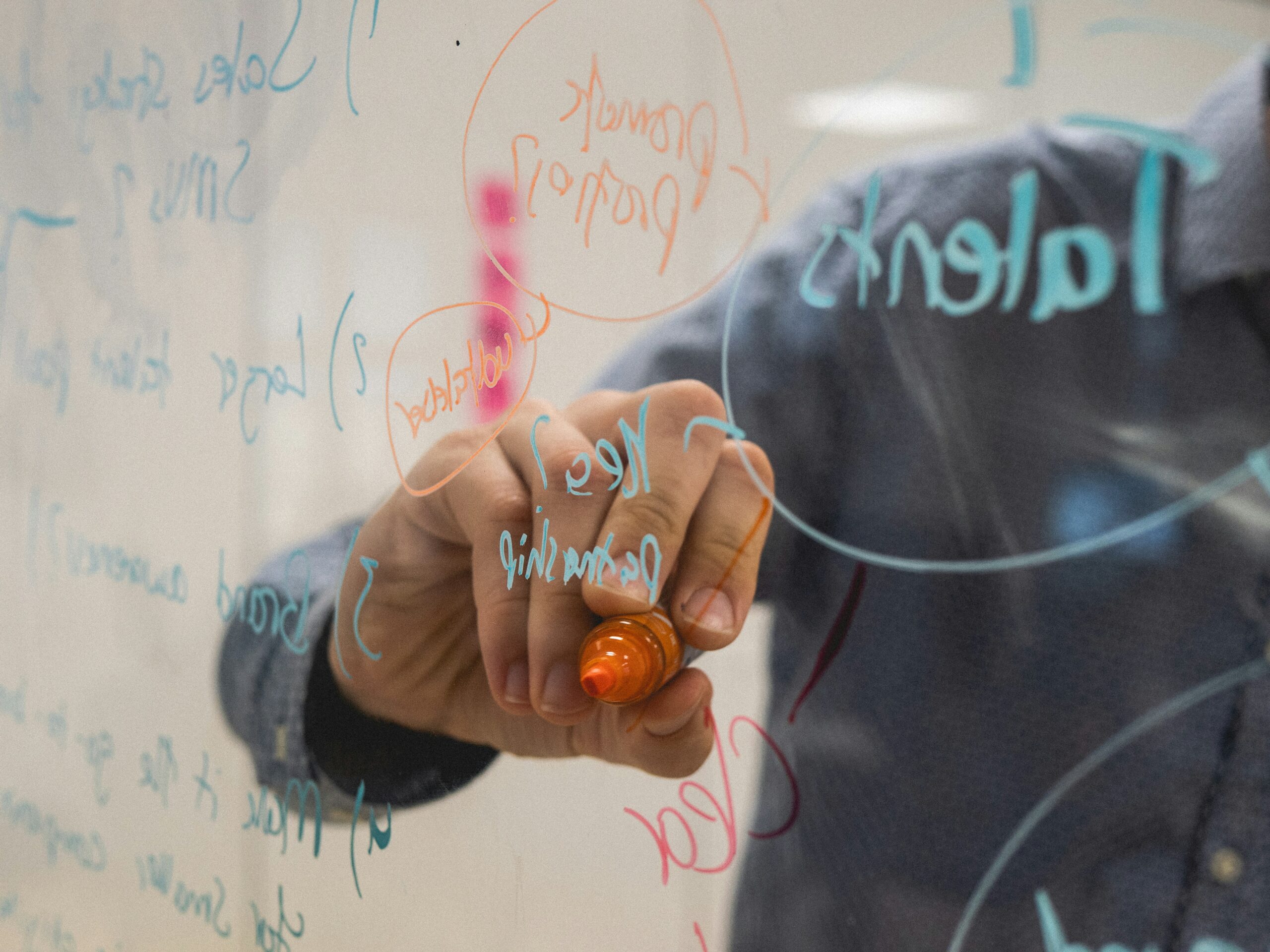Our Approach and Methods
Our approach to research is a holistic one, working in various research areas, using different research and data collection methods. Our work prioritizes serving the people whose stories inspired it or that are included in it. We aim to produce impactful and implementable research that inspires real and efficient change.

CLD3 Method
Community Learning Through Data Driven Discovery, or CLD3, provides a framework for sustainable, efficient data that can directly affect the communities it works from. Rather than focusing on big data, which highlights a high volume of data, this kind of research values all the data possible, combining the work of large research with feedback and research within communities. This allows for researchers to not only communicate directly with communities as they begin pushes for new policies, but it also allows for those policies to be catered towards the communities they’ll affect. This means better data, more personalized data, and data that can do more. And the best part is, it doesn’t just stop there. As more research is done and provided openly to the community, more data can continue to be gathered, allowing for a continuous stream of new resources that can openly shape communities and their structures.
Design Thinking
Design Thinking includes four major steps (and sometimes a fifth), to create new, innovative solutions for those hard-to-understand problems. This kind of thinking encourages not only innovation, but creative thinking to ensure the development of solutions that have the chance to create change. PSC uses design thinking to ensure that we don’t miss any ideas that come our way, no matter how crazy they may seem at first. Ideas are ideas, and if we can review them later on, we may find that what once seemed completely impossible could very well be implemented into our main goals. That’s why we at PSC aim to get ideas from whoever we can. We want ideas straight from the communities our research may be incorporated into. This way, we can make sure that our research is directly shaped by the people who need it.
This means that the problems given to us by the community are researched by us, thought about by everyone, and evolve through our collaboration.


Team Science
Team Science isn’t just about working together. Rather, it’s about ensuring that the work done with each other is executed in a way that reduces conflict and increases success of the team. A research team should be working together on various aspects of their research. They should have group-focused goals that mean every person is equally valued among discussions and missions, even though there may be set leaders. This means that there should be a great sense of trust, mutual respect, and communication within the team, no matter the differences in specialty or experience between members. So, for a great team to work, there should be recognition shared between the members, and each member should expect to be respected for their work and the ideas they present. Ultimately, team science is about working towards a common goal—that means lifting each other up along the way. So while working together is part of it, Team Science means forming deep, respectful connections with people in the name of innovation.
Workforce Development
Public Science Collaborative is a dynamic hub dedicated to preparing students for
professional success through hands-on experience and real-world projects. With a strong emphasis on internships, fellowships, and full-time employment opportunities, we serve as a bridge between academia and industry, fostering collaboration and innovation. Through partnerships with leading organizations, such as Iowa's Health and Human Services, students gain invaluable practical skills and insights while working on cutting-edge projects that address real-world challenges. Our comprehensive approach to workforce development ensures that graduates are not only well-equipped with theoretical knowledge but also possess the practical experience and adaptability necessary to thrive in today's competitive job market.

